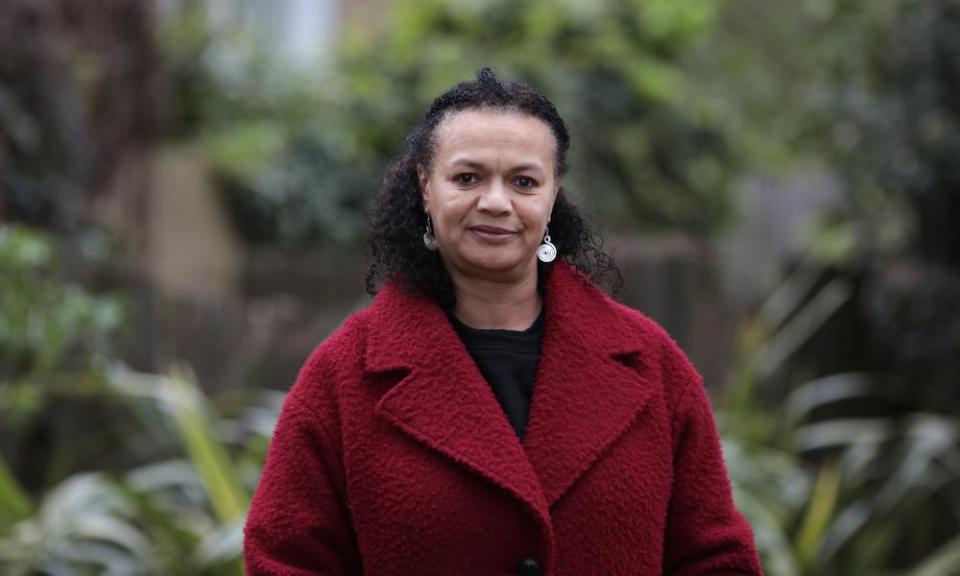Cost of living crisis has exacerbated period poverty, charities say

Period poverty in the UK has been exacerbated by the cost of living crisis, charities warn, as the demand for menstrual products distributed by charities has increased.
Data from Bloody Good Period, a charity that provides period products to those unable to buy them otherwise, found that there was a 78% increase in demand for their products during the first quarter of 2022, compared to the same period in 2020, rising from 7,452 period products to 13,284.
The charity also says it expects this increase in demand to continue to rise as a greater number of people have limited disposable income as essential items, such as electricity, gas, and fuel, take up a larger proportion of their budgets. The charity has also seen a decrease in individual donations and the smaller community grants they receive due to the cost of living crisis.
Emma Defoe, the operations and activism manager at Bloody Good Period, said the charity is seeing increased demand from the organisations that distribute their products, such as food banks, groups supporting refugees, and groups supporting survivors of domestic violence. These period products include sanitary towels, tampons, reusable cups and period pants.
“The government committed to tacking period poverty in 2019, yet despite the issue being so much worse now due to the combined impact of the pandemic plus the current crisis, there is no meaningful commitment nor funding to provide essential period products for people who can’t afford them,” Defoe says. “Instead, small charities like Bloody Good Period fill the gap.”
Abibat Olulode, who works for Feed for Read, a charity affiliated with Lambeth council that supports about 20 families with no recourse to public funds during school holidays, says that since 2021 the charity has also been distributing period products, provided by Bloody Good Period, to these families.
People with no recourse to public funds, primarily asylum seekers, receive a weekly allowance of just under £40, and with period products costing on average £13 a month, many cannot afford them.
“They simply can’t afford period products,” Olulode said. “They’re struggling to pay for a fairly expensive item. We’re acutely aware of all the problems with reports of children staying off school because of their period.”
“Some families couldn’t even afford the bus fair to come and pick up products from us,” Olulode adds. “If they can’t even afford that, paying for a period is going to be a problem.”
Judith Shalkowski, a coordinator at Meeting Point, a charity based in Leeds, has also seen an increase in the demand for period products due to the cost of living crisis.
“We are seeing more and more people who bring with them friends in similar situations to themselves, but who have not registered with us. Someone will come in with a friend or a neighbour, who is also an asylum seeker or refugee, and they’ll show them what support they can receive.”
Meeting Point acts as both a community hub for refugees and asylum seekers, providing English classes and activity groups as well as hot meals and essential hygiene at a weekly drop in. Since 2017, it has also been distributing period products.
“The people coming to us are always surprised that they can have free period products,” Shalkowski says. “One woman who receives period products from us said that after she came to collect pads, she was surprised to see well-known brands on offer that she would never be able to afford otherwise. She said that in the past she would never buy a liner, and so would stay indoors whenever she had her period because she couldn’t afford to buy anything.”
“People tell us that supplying period products takes the stress away so that they can try to deal with other issues, such as their energy bills.”

 Yahoo News
Yahoo News 